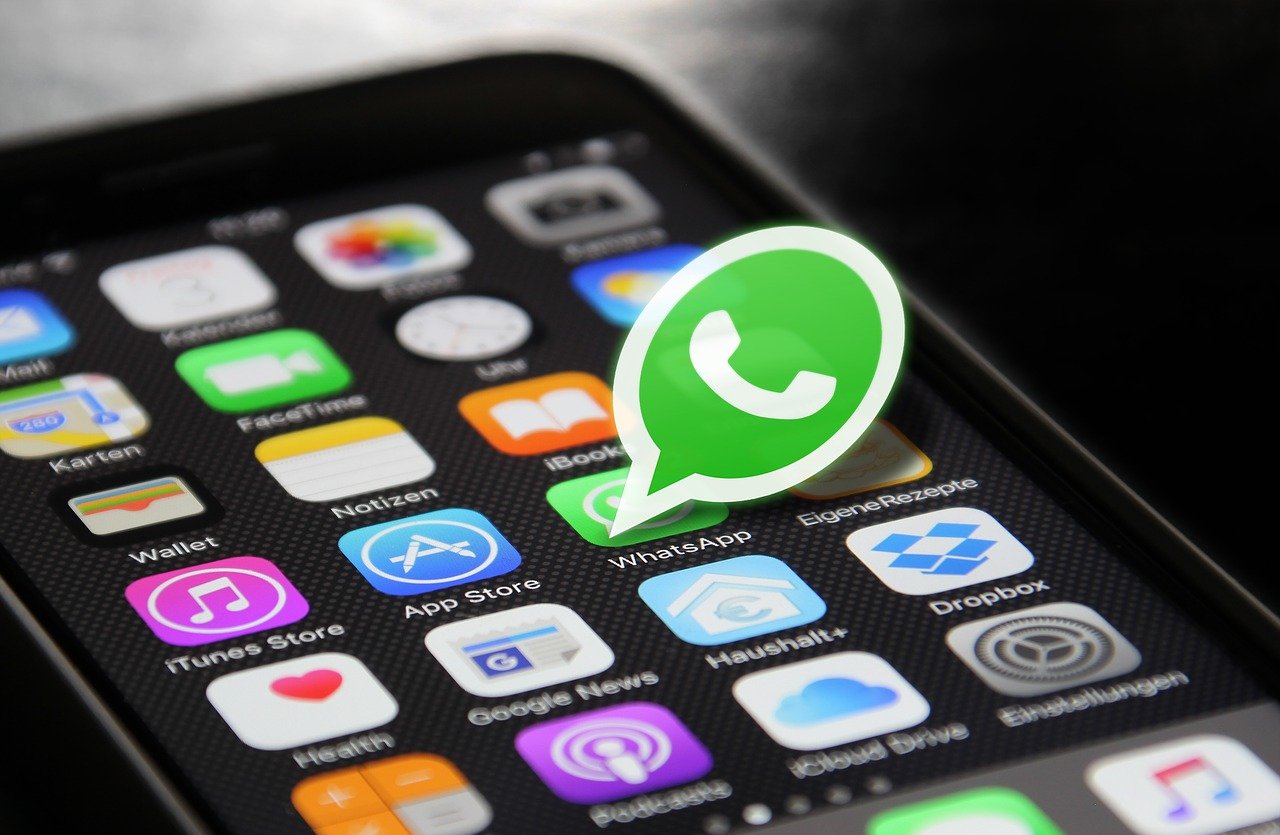Zuckerberg: Encryption Can’t Stop the CIA from Accessing WhatsApp Messages
In a revealing discussion with Joe Rogan, Meta CEO Mark Zuckerberg explained how US intelligence agencies, including the CIA, can sidestep WhatsApp’s encryption to access private messages. According to Zuckerberg, the encryption that keeps chats secure from external servers becomes irrelevant if an attacker gains control of the user’s phone itself—a method used by sophisticated spyware and surveillance operations.
The Encryption Illusion
Zuckerberg emphasized that end-to-end encryption is designed to prevent service providers like Meta from viewing message content. Even if someone hacked into Meta’s servers, the encrypted messages would be indecipherable. However, he pointed out a glaring limitation: encryption offers zero protection when the phone is directly compromised.
“If someone has access to your phone, they’re seeing everything in real-time—plain and simple,” Zuckerberg said.
The Tucker Carlson Incident
The conversation was sparked by Rogan’s reference to Tucker Carlson’s claim that US agencies had sabotaged his attempts to interview Russian President Vladimir Putin. Carlson alleged that the NSA and CIA spied on his private messages and emails, leaking his plans to the media to derail the interview.
Zuckerberg acknowledged the possibility, explaining that while encryption can protect data in transit, it cannot shield devices from being breached.
Spyware in Action: Pegasus and Beyond
Zuckerberg highlighted the infamous Pegasus spyware, developed by Israel’s NSO Group, as a prime example of how easily a phone can be compromised. Once installed, Pegasus can capture calls, messages, photos, and even activate the device’s camera and microphone without the user’s knowledge.
To mitigate such risks, Meta introduced features like disappearing messages, which automatically erase conversations after a set period.
“Encryption is vital, but if your phone is compromised, disappearing messages are your next best line of defense,” Zuckerberg noted.
The Battle for Digital Privacy
Zuckerberg’s comments add fuel to the ongoing debate about digital privacy and surveillance. Encryption advocates argue that it safeguards users from cyberattacks and unauthorized surveillance. However, law enforcement agencies maintain that encryption can impede their ability to track criminal activities and prevent national security threats.
A leaked FBI training document from 2021 revealed that while US authorities have some capabilities to access encrypted data on platforms like WhatsApp and iMessage, they struggle with apps like Signal, Telegram, and Wickr, which offer more stringent protections. The document also suggested that while encrypted messages are secure in real-time communication, backups saved to cloud storage may still be vulnerable if tied to accessible encryption keys.
Beyond Encryption: The Quest for True Privacy
Zuckerberg’s insights highlight a harsh reality: no matter how secure a messaging platform claims to be, a compromised device can render encryption useless. This raises pressing questions about how much control users truly have over their digital lives.
To enhance privacy, experts recommend limiting cloud backups, using secure authentication methods, and enabling privacy features like disappearing messages. But as spyware technology advances, so does the difficulty of staying ahead of potential intrusions.
In a world where personal devices have become windows into private lives, the question is no longer just about encryption—it’s about redefining digital security in an age where even the most secure systems have vulnerabilities.

No comments on this post yet. Be the first!